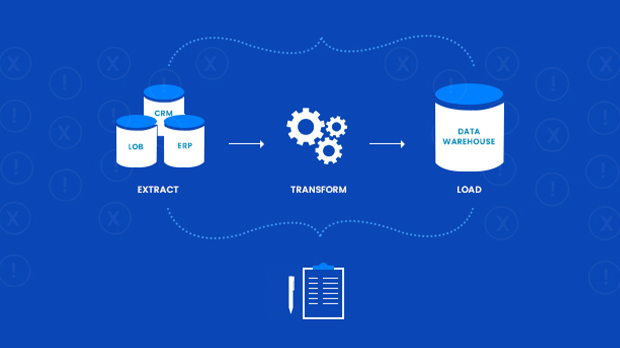It is often that customers who have business intelligence requirements rely on writing custom scripts to extract data from source systems and making that data available at a destination for reporting or analysis.
This model worked for many years for various reasons, and listed below are some of them:
What is required to build your Custom ETL Script?
1) Inhouse resources available who can write custom scripts and whose job is to write custom scripts
2) The upfront cost of writing custom scripts is lower than paying for an expensive integration solution
3) The cost of maintaining the solution long-term was often hard to assess, so it was safe to move forward with a known solution like writing a custom script.
4) The landscape of applications used in a company stayed relatively stable, and therefore custom scripts stayed on for many years.
5) A team of developers and technology leaders who preferred a build over buy model toward technology
The downside of writing a custom script?
1) Resources are often unavailable to support old code or new requirements for data extraction.
2) Resources don’t enjoy maintaining custom scripts that only serve as a draw on their time from being productive or learning something new
3) Long-term costs of writing custom scripts are high, especially when dealing with a fast-changing application landscape
4) It is an unproductive use of a critical resource time that could be used to create innovative solutions to business problems
5) These scripts are harder to maintain when the authors who wrote the custom scripts move on to other roles
6) Businesses these days transform a lot faster than in the past. Teams of data analysts and data scientists are entrusted with finding insights that help the company to continue being competitive. The demands of data availability vary significantly from the BI team vs. data analytics teams. Analysts rely on experimentation to find the right insight to funnel to the business and having them rely on a bunch of custom scripts or having them write these custom scripts (even worse) to fulfill their data access needs only serves to slow them down.
7) The application landscape changes much faster than it did in the past. A CRM solution or a marketing channel used today may not be used a quarter later and thus forcing a rewrite to any custom ETL script written on the previous platform.
With the growth in cloud technologies like serverless data warehouses, and cloud-based ETL tools, like Daton, customers can free themselves from the burdens of custom ETL. With a simple, intuitive, no-code interface, Daton can easily replicate data from various databases, SaaS applications, Webhooks, marketing channels, files, etc. Daton allows BI, analytics, and data science teams to punch above their weight by freeing their time from low value add work and enabling a switch to higher-order work.
Try Daton today for free by signing up at this link.













